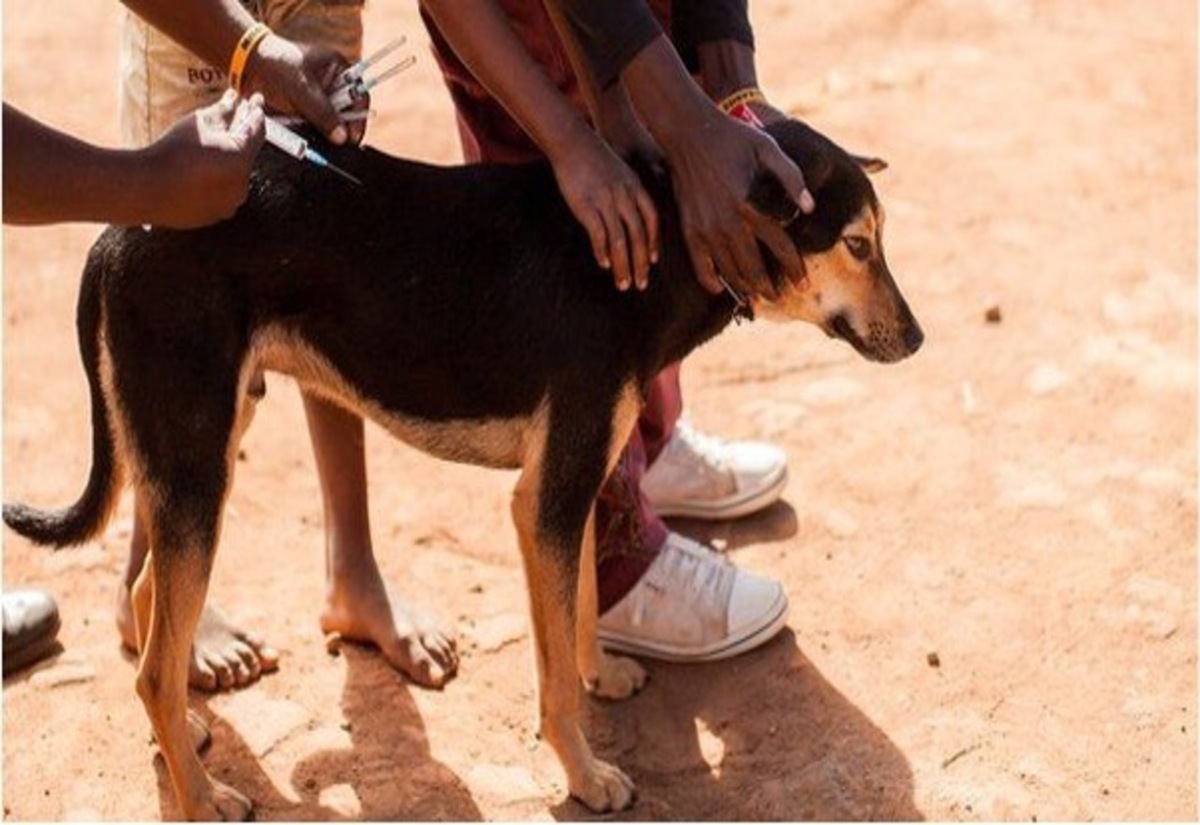Why Parvovirus might not be beaten
Laura Williams
06 December 2021, 7:56 PM
 Local vets are concerned that vaccination isn't priority enough for some dog-owners.
Local vets are concerned that vaccination isn't priority enough for some dog-owners.The development of a new online alert system could help conquer parvovirus, an animal virus that is rife throughout Western Plains communities.
The new system will supposedly help reduce the number of parvovirus deaths in Australia, with rates of around 20,000 puppies and kittens infected with the virus each year.
Warren-based veterinarian Erica Kennedy has already eagerly signed up to the new system in an effort to end the long fight against parvo.
“It’s a socioeconomic problem essentially, because it is a preventable infection, but you have to come to the vet and pay for a vaccine. In low socioeconomic areas, that’s not always a priority for some people because money’s tight,” Dr Kennedy said.
The virus itself is highly infectious, with animals shedding it in their faeces before they die where it can last in a highly concentrated form for up to years.
The high dog population across the region is another reason why parvo is so prevalent in the country while some city-based vets are yet to come across a single case.
“A lot of people have dogs and usually they’re not desexed so there lots and lots of puppies around. It’s lovely to have dogs but there’s not always the money to treat infection or disease, or to prevent it,” Dr Kennedy said.
Developed by the charity Paws for A Purpose, the online alert system will allow vets to easily report any canine or feline parvo case they see, which will then help to alert the media and local vets of the issue.
Paws for A Purpose Co-founder Dr Mark Kelan said that reporting cases is the first step to reducing fatalities.
"This rapid tracking of outbreaks means we can quickly advise communities and move to raise vaccination levels where the disease is spreading,” Dr Kelan said.
When her community suffers from a parvo outbreak, Dr Kennedy is swift to alert dog-owners, taking to social media to encourage locals to bring their dogs in for vaccinations and potential treatment.
“In the short term, people are very reactive to the response. But at the same time, sometimes the target audience isn’t following our Facebook page so it’s not getting out to the people in town that probably really need to learn more about it.,” Dr Kennedy said.
Her concern for the new system was that while it would be effective in alerting local vets, it is then the chore of the vets at capturing the attention of dog-owners, which can be easier said than done.
“I think community driven local programs are probably the best way, but they usually require the vets to heavily subsidise the cost of the vaccination,” she said.
“I’ve spoken to the RSPCA before about coming out and maybe sponsor some vaccinations or donate towards covering the cost, but they haven’t had the money for it,” Dr Kennedy said.
Dr Kennedy said it’s incredibly frustrating to see these pets suffering and sometimes dying from what is preventable and treatable.
While she welcomes any help to beat the virus, she believes that without any funding for vaccines, seeing progress won’t come easily.